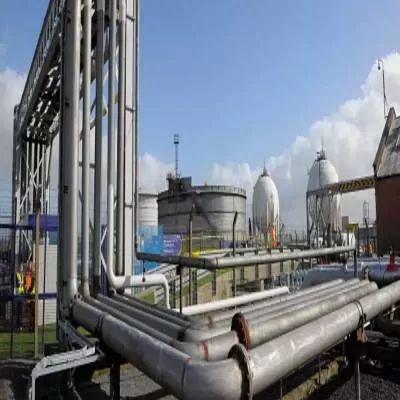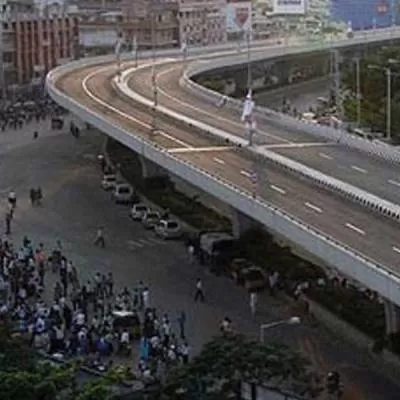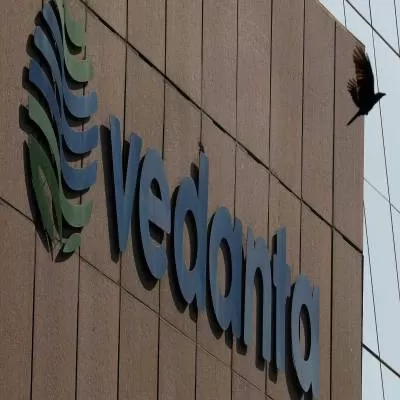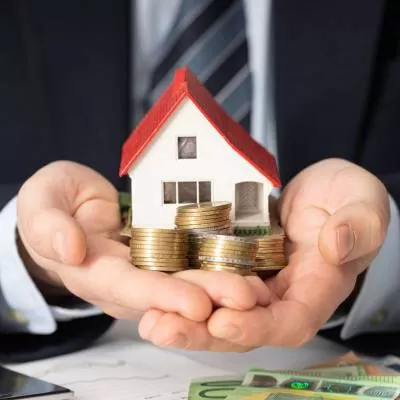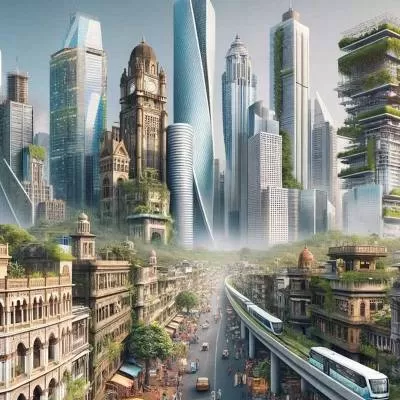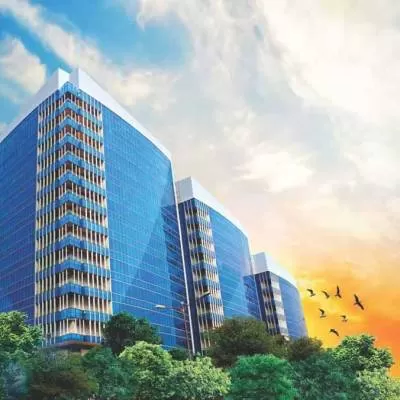- Home
- Real Estate
- Real estate industry awaits clarity on several aspects of GST

Real estate industry awaits clarity on several aspects of GST
Similarly, the lowest tax rate of 5 per cent will apply on common use items and is highly unlikely to be applied to housing. That leaves us with two probable scenarios: the tax rate either being set at 12 per cent or 18 per cent. Naturally, a lower tax rate of 12 per cent would be welcomed by the industry, as it will help reduce the cost of apartments and increase affordability for end-users. Developers may resultantly see an uptick in sales in a slow market.
A higher rate of 18 per cent, however, could end up increasing the cost of homes, especially in projects which are under construction, unless the government offers more clarity on the composition scheme (ie, abatements for cost of land) as well as on service tax and value added tax (VAT) already paid by developers on under-construction properties.
Under the service tax regime, developers and home buyers can obtain benefits under the abatement scheme. In the case of buying an under-construction flat, an abatement of 75 per cent was allowed, subject to the flat being less than 2,000 sq ft and sold for less than Rs 1 crore, taking the effective tax rate from 15 per cent to 3.75 per cent. If these two conditions are not met, the abatement was reduced to 70 per cent and the effective tax rate to be borne by the home buyer increased to 4.5 per cent.
As most houses in Mumbai are priced above Rs 1 crore, an end-user buying an under-construction apartment would currently pay both service tax (4.5 per cent) and VAT (1 per cent in Maharashtra, varies from state-to-state). Besides, there are other taxes applicable such as excise duty, customs duty, central sales tax, octroi, etc, which are paid by the developer during procurement and passed on to the home buyer. Stamp duty, which is payable on property transfers, will not be subsumed into the GST.
Now, assuming that the same rules of abatement apply under the GST regime, properties under construction will attract a tax rate of 4.5 per cent (after 75 per cent abatement on a tax rate of 18 per cent), which is the same as today. However, if the abatement rules do not apply, the applicable tax rate would shoot up drastically. Moreover, developers would have already paid service tax and VAT for procurement of goods and services for their properties currently under construction. Will they be allowed to claim credits for input tax paid?
Clarification would also be needed on whether credit for input tax would be allowed by the Government if the composition scheme has been availed by developers. Only after these clarifications have been issued in coming days will the real estate industry understand the implications of the upcoming GST regime. On the positive side, there will be reduction in the tax management expenses incurred by developers thanks to the single unified tax. The compliance costs would also go down.
Union Budget 2016 had announced a zero service tax policy for developers constructing flats of less than 30 sq m in Tier-I cities and less than 60 sq m in Tier-II cities, with the intention of incentivising developers to create affordable housing. Whether similar benefits will continue to be given for the real estate sector under the GST regime remains to be seen. All in all, the industry awaits clear signals on whether GST will prove to be a ‘win-some-lose-some’ position for the Indian real estate and construction sector, or a win-win’ situation.
About the author: Anuj Puri is the Chairman and Country Head of JLL India.
While the goods and services tax (GST) structure has been announced, the real estate industry is waiting with bated breath to see which tax rate is applied to the real estate and construction industry. Given the Finance Minister’s clarification that the highest tax slab will be applicable to ‘sin’ items and other categories that are currently taxed at around 30 per cent, it can be assumed that this rate will not apply to the real estate and construction industry. Similarly, the lowest tax rate of 5 per cent will apply on common use items and is highly unlikely to be applied to housing. That leaves us with two probable scenarios: the tax rate either being set at 12 per cent or 18 per cent. Naturally, a lower tax rate of 12 per cent would be welcomed by the industry, as it will help reduce the cost of apartments and increase affordability for end-users. Developers may resultantly see an uptick in sales in a slow market. A higher rate of 18 per cent, however, could end up increasing the cost of homes, especially in projects which are under construction, unless the government offers more clarity on the composition scheme (ie, abatements for cost of land) as well as on service tax and value added tax (VAT) already paid by developers on under-construction properties. Under the service tax regime, developers and home buyers can obtain benefits under the abatement scheme. In the case of buying an under-construction flat, an abatement of 75 per cent was allowed, subject to the flat being less than 2,000 sq ft and sold for less than Rs 1 crore, taking the effective tax rate from 15 per cent to 3.75 per cent. If these two conditions are not met, the abatement was reduced to 70 per cent and the effective tax rate to be borne by the home buyer increased to 4.5 per cent. As most houses in Mumbai are priced above Rs 1 crore, an end-user buying an under-construction apartment would currently pay both service tax (4.5 per cent) and VAT (1 per cent in Maharashtra, varies from state-to-state). Besides, there are other taxes applicable such as excise duty, customs duty, central sales tax, octroi, etc, which are paid by the developer during procurement and passed on to the home buyer. Stamp duty, which is payable on property transfers, will not be subsumed into the GST. Now, assuming that the same rules of abatement apply under the GST regime, properties under construction will attract a tax rate of 4.5 per cent (after 75 per cent abatement on a tax rate of 18 per cent), which is the same as today. However, if the abatement rules do not apply, the applicable tax rate would shoot up drastically. Moreover, developers would have already paid service tax and VAT for procurement of goods and services for their properties currently under construction. Will they be allowed to claim credits for input tax paid? Clarification would also be needed on whether credit for input tax would be allowed by the Government if the composition scheme has been availed by developers. Only after these clarifications have been issued in coming days will the real estate industry understand the implications of the upcoming GST regime. On the positive side, there will be reduction in the tax management expenses incurred by developers thanks to the single unified tax. The compliance costs would also go down. Union Budget 2016 had announced a zero service tax policy for developers constructing flats of less than 30 sq m in Tier-I cities and less than 60 sq m in Tier-II cities, with the intention of incentivising developers to create affordable housing. Whether similar benefits will continue to be given for the real estate sector under the GST regime remains to be seen. All in all, the industry awaits clear signals on whether GST will prove to be a ‘win-some-lose-some’ position for the Indian real estate and construction sector, or a win-win’ situation. About the author: Anuj Puri is the Chairman and Country Head of JLL India.


